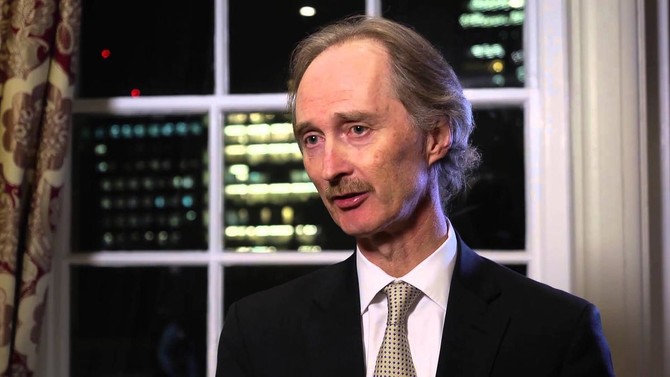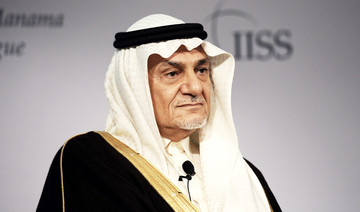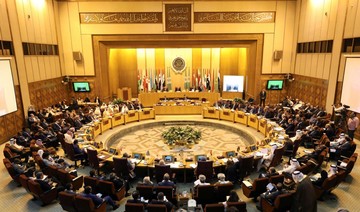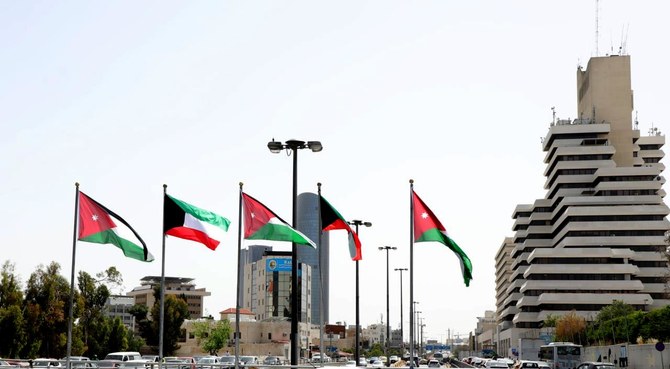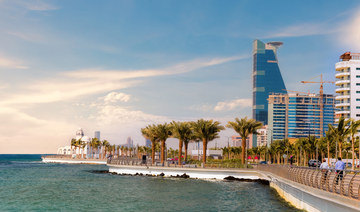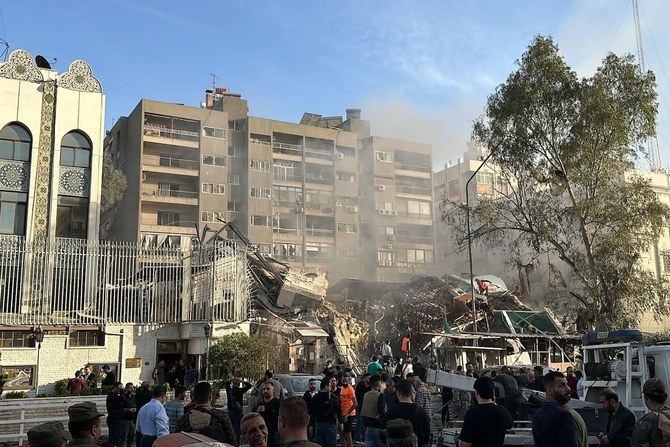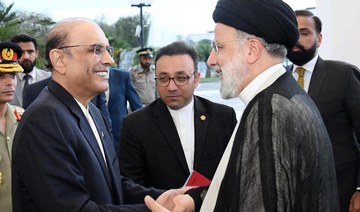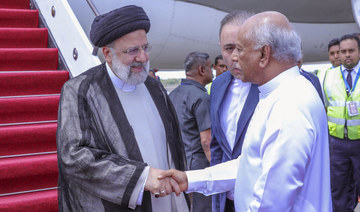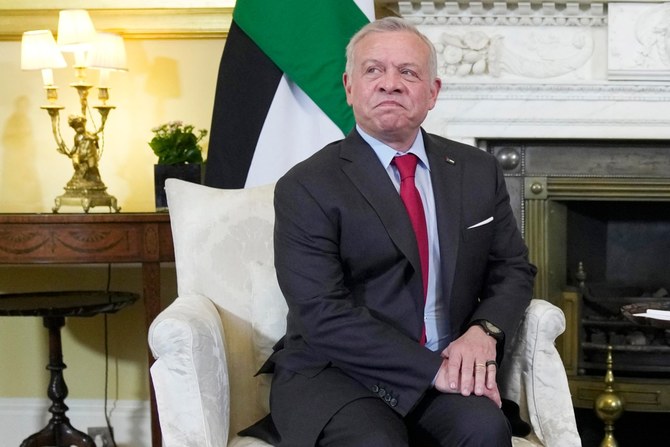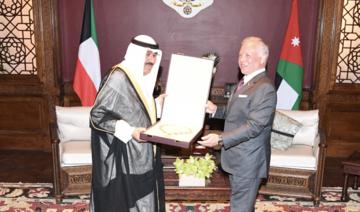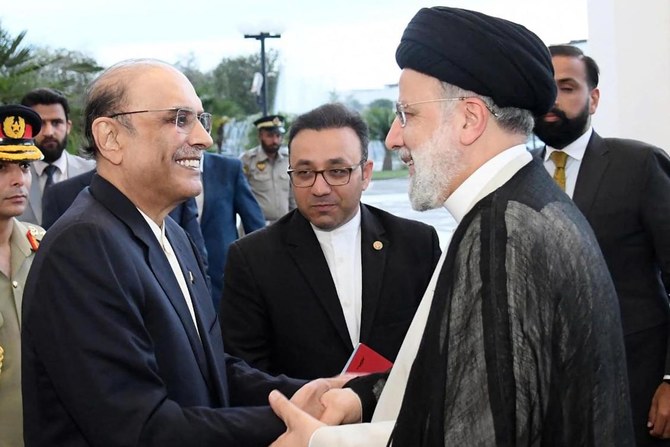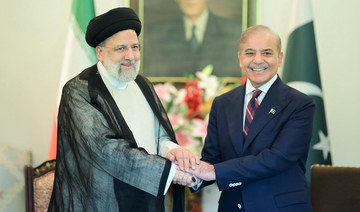DAMASCUS: The new special UN envoy to Syria began his first trip to Damascus on Tuesday, facing the daunting task of rekindling moribund peace talks and succeeding where his three predecessors failed.
Norway’s Geir Pedersen, who replaces Staffan de Mistura, is the fourth negotiator to have been appointed UN special envoy to Syria since the civil war broke out in 2011.
The seasoned diplomat, 63, was seen entering a Damascus hotel and is expected to hold talks with senior officials, although no official program for his visit was published.
Pedersen simply said on social media that he was “looking forward to productive meetings here.”
Officials in the government of Bashar Assad set the tone for the new envoy’s tenure shortly after news of his appointment in October last year.
“Syria will cooperate with the new UN envoy Geir Pedersen provided he avoids the methods of his predecessor,” Deputy Foreign Minister Faisal Al-Meqdad said, quoted by Al-Watan newspaper.
Assad opponents have said the change in UN envoy would have little impact on the fate of the country as international will and consensus were lacking.
Pedersen has not yet spoken publicly about his mission and it remains unclear what his approach will be.
De Mistura, who announced in October he was resigning for “purely personal reasons,” ended his four-year tenure with an abortive push for the formation of a committee tasked with drawing up a post-war constitution for Syria.
In December, he acknowledged that the committee would not be formed by year’s end as was hoped.
“I deeply regret what has not been achieved, and I am sorry more was not possible,” said the Swedish-Italian diplomat.
A track of peace talks in Geneva between the regime and opposition delegations is clinically dead and observers argue Assad will see little need to revive it.
Three years into the conflict that erupted when the government repressed anti-regime demonstrations, Assad was clinging to barely a third of Syrian territory and his days at the helm looked numbered.
Assad, who has been in power for more than 18 years, has now reclaimed much of the territory he lost at the beginning of the war, largely thanks to the military backing of veto-wielding UN Security Council permanent member Russia.
Non-jihadist opposition groups across Syria have little or no clout on the ground and negligible bargaining power in negotiations with Damascus.
De Mistura had been appointed in July 2014 after veteran Algerian diplomat Lakhdar Brahimi resigned following two years in the position.
Brahimi stepped in after late UN chief Kofi Annan quit just six months into the role, which he described as “mission impossible.”
Pedersen was a member of the Norwegian team to the secret negotiations that led to the signing of the 1993 Oslo accord between Israel and the Palestinians.


